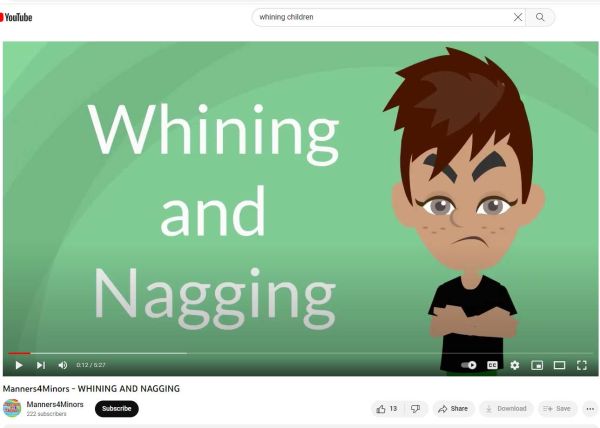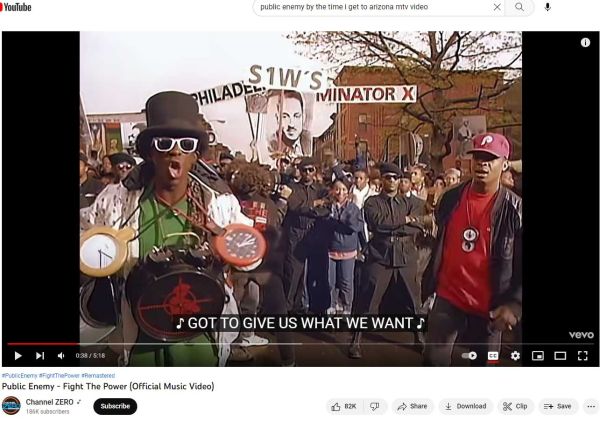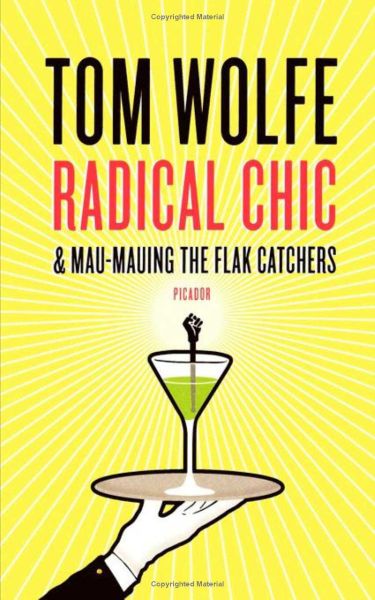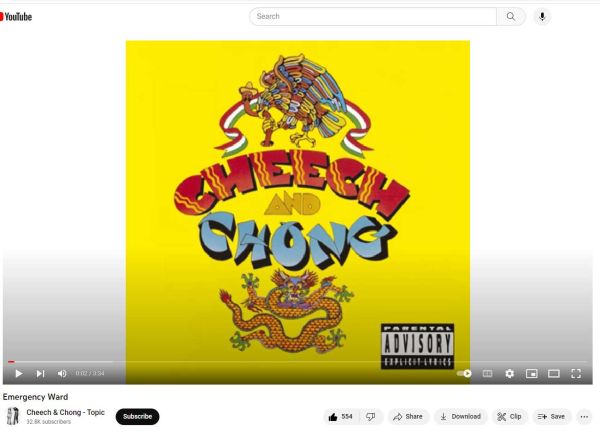Why Are They so Angry?
Why are they so angry?
Parents have to tolerate the actions of children, when they whine about being denied something, or when they browbeat us: "How can you be so cruel to me!" The arguments turn into tantrums as they try to gain power against us. They fixate on getting more stuff, fighting off our attempts to distract them: "Cookies, Mommy!" "Allowance, Daddy!" day after day.
The pressure to get stuff never lets up. Eventually the parent says "Fuck it. Life is too short to keep arguing with them. Let 'em have what they want!" Once they get what they want, the extra cookies or toys will please them for a little while. Then the field of battle changes, and the whining focuses on some other demand. By the time the kids reach 11 or 12, we want to get them out of the house as soon as we can.
The children grow older, and the demands transition from candy, toys, and TV-privileges to money, clothes, and the family car. The method of whining and browbeating becomes more subtle, as the children have matured a bit and are not so crass with their demands. But if you watch children, they don't gloat over a prized toy or candy. They are, in fact, looking at Mommy and Daddy to tell them how big a prize they have won—like "Convince me that all this whining is worth it!"
Mommy and Daddy cannot see past the incessant demand, "Give us more stuff!" or "We want more candy and bigger candy!" Their kids never stop engaging in push-back. It discouraged my mother so much, she sometimes called herself "Mean old Mom," exasperated over how much we browbeat her into submission, in oder to shame us into getting off her case.
I even fantasize that I climb back into my 8-year-old pajamas, so I can tell her, "It's worse than that, Mom! I'm a nobody!" Little kids are the original nihilists, with no sense of humor. They go through that phase because they have no sense of the value of anything. So they eventually break anything they get their little hands on.
They are completely dependent on Mom and Dad to define the world and the competing values of objects and principles that govern civilized life. The parents prioritize life's objectives, in order to give their kids a sense of intentionality and direction. Stuff only has value if Mom and Dad give it value. We call it a "value system." The term "value" implies all the requirements for functionality, for a forward-moving people in a freedom-loving society: ego-strength, orientation, priorities, and social parameters.
Often in a human society, the parents do not pass down those forward-moving qualities. Somebody else has to do it, or their kids' browbeating will just go on and on. The kids become grown-ups but no one has given them the tools for an independent life. So when they need something, they go the the government and browbeat it to give them things. Their dependence puts them in a subordinate position to the rest of the society and fuels their paranoia about the society's intentions toward them.
The late Tom Wolfe described browbeating by the Black community in San Francisco in his book Radical Chic & Mau-mauing the Flak Catchers, published in 1971. Wolfe describes their "mau-mauing" as a behavior with tradition and artifice, in order to exert the right kind of pressure on the "flak-catchers," government officials. One mau-mau leader, named "Chaser," gives the browbeaters their instructions:
"When you go downtown, y'all wear your ghetto rags . . . see . . . don't go down there with
your Italian silk jerseys on. . . ."
This Chaser was a talker. He used to be in vaudeville. . . .
"Now when we get there, I want you to come down front and stare at the man and don't say
nothing. You just glare. . . . They see that the people are unified, disciplined, and mad, and
tired of talking."
And then there is Cheech and Chong's remarkable skit "Emergency Ward." A young man comes in and says he needs relief from stress and fatigue. When the doctor asks what he can do, the young man answers, "A couple of reds would be a groove, man."
"Reds" is the street-name for seco-barbital, a powerful, restricted sedative. The doctor explains that he cannot simply give out seco-barbital, except with a prescription; but the young man is practiced at exerting pressure on officials and reacts with tragic outrage:
"Don't hand me that crap, man!
"I'm not authorized to handle that."
"You don't understand, man! I'm wired!" (He sobs and rambles incomprehensibly.)
"Hold on. Calm down. Calm down. Don't start crying. You're drawing a crowd."
"You don't know what I'm going through, man!"
The poor, overworked doctor relents and basically breaks the law by giving the young man several pills. With the pills in hand, the young man suddenly recovers himself: "Say, listen, man. Can you give me a few more pills for my old lady?"
Many doctors have gone through this experience. The Cheech and Chong skit is hardly humorous to them! If the doctors also have their own browbeating children to deal with, seeing grown-ups who still act like children must give them something to think about.





